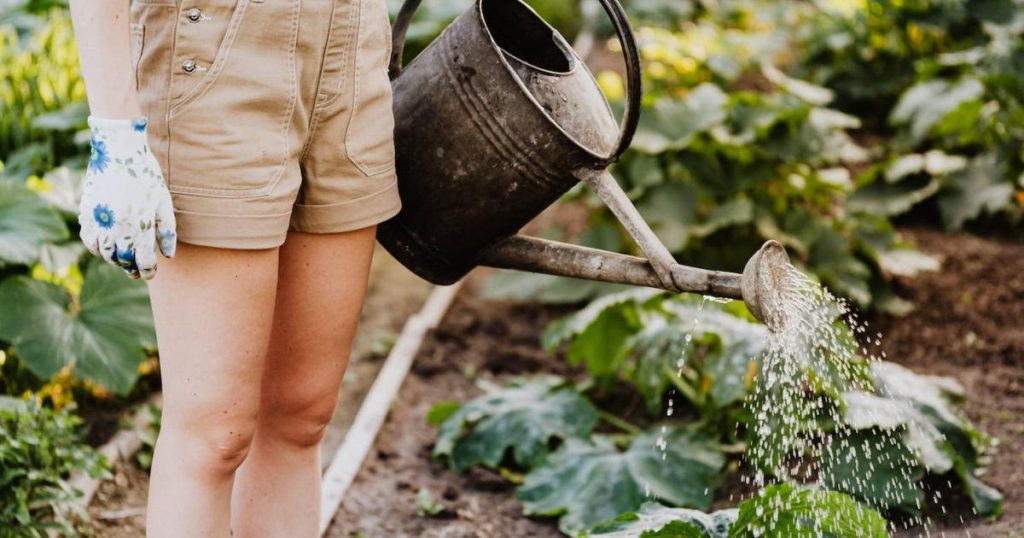The year in food: These trends will help define 2024
2 min read
As we head into the final weeks of 2023, it is time to reflect on the big topics that sustainability professionals working on food and agriculture grappled with and advanced over the year — and which will help define the challenges ahead in 2024.
The big buckets such as regenerative agriculture, sustainable diets and circularity we address in GreenBiz’s reporting and events don’t change quickly because those are issues that will require many years of continued work. But the cross-cutting themes within those buckets are dynamic, responding to economic trends, sustainability lessons learned and other developments.
Unpacking the biodiversity buzz
2023 has been a hallmark year for making carbon tunnel vision a thing of the past. More companies have recognized that holistic social and environmental solutions will bring us closer to a resilient economy than optimizing only for carbon sequestration.
At our inaugural biodiversity event Bloom 23, we dove deep into how companies can better understand their nature-related risks and dependencies and leverage related business opportunities. We have also examined this trend in articles throughout the year:
As more companies assess and disclose their overall impacts, 2024 will likely offer insights into how the expanded awareness will change business practices.
Giving Indigenous peoples a seat at the table
Addressing diversity, equity and inclusion has been an increasingly important topic for sustainability professionals since the murder of George Floyd in 2020. The issue has since reached far beyond the rights of Black people. This year, the role of Native Americans and Indigenous people worldwide in transforming food systems has become a particular focus.
Our coverage of this topic in 2023 included:
We’ve only dipped our toes into the complex and critical role Indigenous peoples have to play in developing sustainable food systems. 2024 should further deepen our understanding of what to do and what not to do when it comes to respecting their rights and building trust with communities. We’ll be on the lookout for successful case studies to cover.
Getting creative to fund the transition
Most programs and technologies that enable decarbonization or improve social outcomes require upfront (if not continued) investment. Mobilizing those dollars has been especially difficult in 2023’s challenging economic climate, so we’ve seen more innovation and creativity around financial incentives. But it also led to market consolidation, especially in the alternative protein industry.
We’ve looked at this issue from many angles — carbon markets, VC strategies, corporate investments and more:
Following the reckoning we’ve gone through in food innovation and carbon markets, we may get lucky and see renewed investor confidence in climate solutions next year. Let’s hope the upward swing in climate tech investment from this year’s third quarter continues into the new year.




